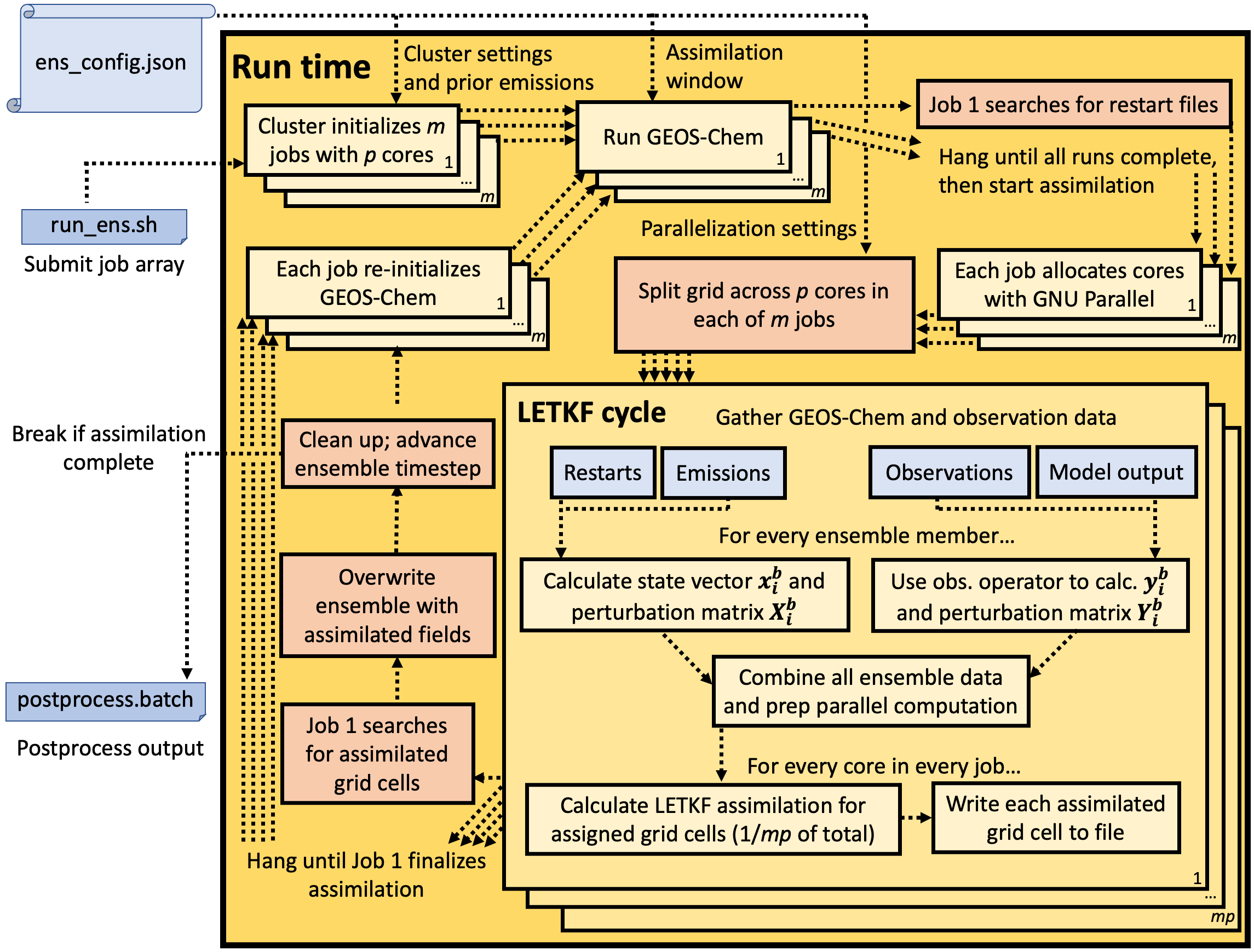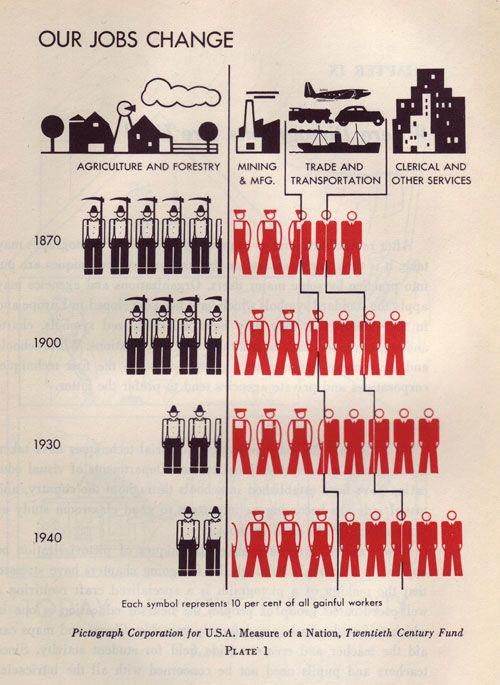Disclaimer: any errors on this website are in fact an attempt to transcend the reality circumscribed by the limits of language.
Hi, I'm Drew Pendergrass. My gluten-free, fair trade, artisanally-crafted website is lovingly built from whatever I decide to post online. It hosts a variety of projects, resources, and ephemera made over the years, including a book, video games, open-source scientific software, environmental datasets, my popular writing, experimental music, upcoming events as well as my research papers and conference presentations in atmospheric science and related fields.
My work imagines how humanity can democratically govern itself in an age of environmental crisis. In my scientific research, we build computer systems that can use observations of the Earth system to provide maps of pollutants and their sources. Together with social scientists, historians, and designers, I imagine the sorts of institutions and protocols that would allow humanity to democratically manage our economy and its interchange with ecosystems. Most importantly, in my activism and organizing we work to make ecological democracy a reality in my home of Massachusetts. Imagining a better world pushes against the normal boundaries between fields, and with my collaborators we express our ideas in a variety of forms beyond traditional scholarship, including popular writing, fiction, and video games.

I can be reached at drew [at] drewpendergrass [dot] com, or at the academic address in my CV. For upcoming events, check out my events page. If you want to follow my work, you can subscribe to my newsletter below:
The latest science!
Pendergrass, D. C., Jacob, D. J., Nesser, H., Varon, D. J., Sulprizio, M., Miyazaki, K., & Bowman, K. W. (2023). CHEEREIO 1.0: A versatile and user-friendly ensemble-based chemical data assimilation and emissions inversion platform for the GEOS-Chem chemical transport model. Geoscientific Model Development, 16(16), 4793–4810. Link to paper (open access). Link to PDF.

Figure:Schematic of CHEEREIO runtime routines and job control procedures. CHEEREIO is run as an array of m separate jobs on a computational cluster, one for each ensemble member. These m jobs, operating in parallel, alternate between running GEOS-Chem and running the LETKF algorithm for a subset of grid cells, as shown by the light yellow boxes; the m jobs are coordinated by a single job controller shared by the entire ensemble (shown in light red), ensuring that the ensemble remains synchronized. Boxes in blue show data input into CHEEREIO processes.
You can learn more about my research on the projects page, or you can read through all of our scientific papers and presentations on their respective pages.
All the cool kids are using CHEEREIO!
CHEEREIO is a tool that uses observations of pollutants in the atmosphere, measured from satellites or surface stations, to correct supercomputer models that simulate the Earth. One powerful use case for CHEEREIO is catching polluters, even if there are no local observations on the ground. Read more on my projects page or the offical CHEEREIO site.

A Brief Q&A
Q. Why does this page keep changing?
A. This page is randomly generated by the server on each load. Most of the page's contents are not displayed on one particular load, so for the full experience reload a bunch of times.
Q. Who are you?
A. Well, to start off, my mind's eye exists only in a figurative sense, I proudly possess object permanence, I did not orchestrate the Camp David Accords, I have absolutely no intention of running for Senate in the great state of Minnesota, and I have nothing to do with explosions. Besides that, I am a doctoral student in Environmental Engineering at Harvard University, studying under Daniel Jacob, and I freelance on the side for publications including Harper's and The Guardian. For more information, you can check out my projects page or my CV.
Q. How can I contact you?
A. You can follow/DM me on Twitter, but I'm trying to stop using it so much, so it's best to email me at drew [at] drewpendergrass [dot] com (or the academic address in my CV). However, if your email is unpleasant, you should direct it to grievances@drewpendergrass.com, an inbox I definitely read.
This website proudly supports Otto Neurath and the ISOTYPE picture language

Please represent all social facts pictorially in your correspondence with the owner and proprietor of this website. Do your part to help build a pluralistic and anti-metaphysical theory of knowledge.
Some true statements
Play Alchemy!
"So fun you won't even need friends!"

